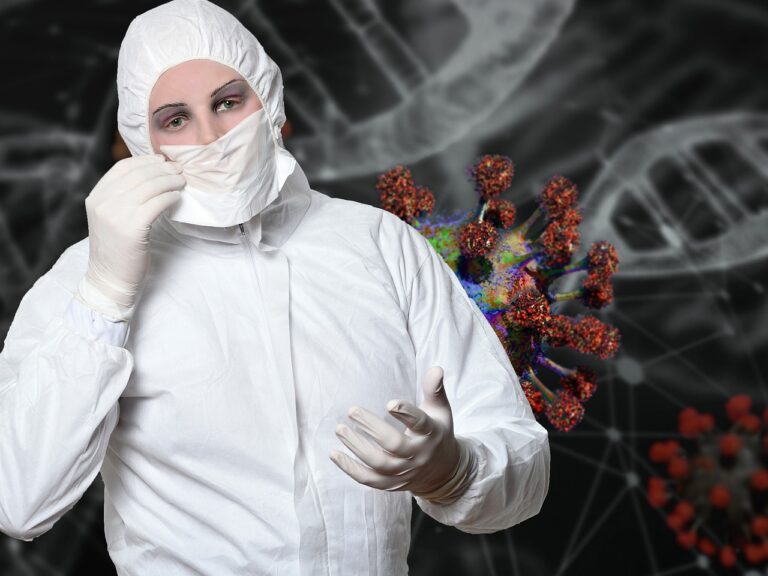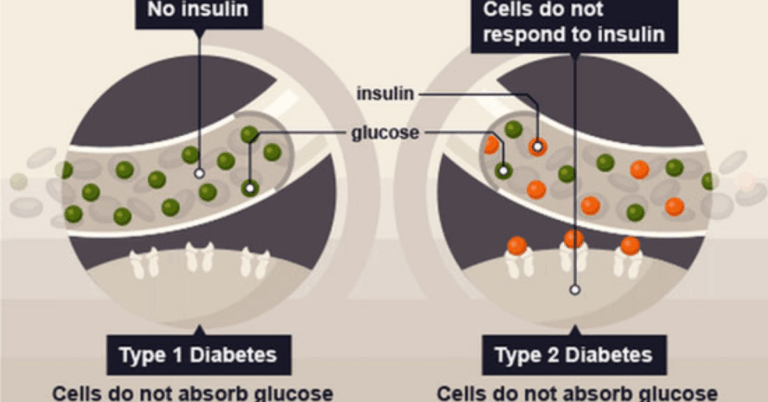The Role of Pharmacogenomics in Personalized Drug Therapy
Pharmacogenomics, the study of how genes affect a person’s response to drugs, is revolutionizing the field of personalized medicine. By analyzing an individual’s genetic makeup, healthcare providers can tailor drug therapy to a patient’s unique genetic profile. This approach allows for more effective treatment with fewer side effects, ultimately leading to better patient outcomes.
How Pharmacogenomics Works
Pharmacogenomics works by identifying genetic variations that affect how a person metabolizes drugs. These variations can influence drug efficacy, toxicity, and dosage requirements. By analyzing these genetic markers, healthcare providers can choose the most appropriate medication and dosage for each patient, maximizing therapeutic benefits while minimizing adverse reactions.
Benefits of Personalized Drug Therapy
Personalized drug therapy has numerous benefits for patients. By taking into account individual genetic differences, healthcare providers can optimize treatment outcomes. This approach can also reduce the need for trial and error in finding the right medication, saving time and resources. Additionally, personalized drug therapy can lower the risk of adverse drug reactions, improving patient safety.
Challenges in Implementing Pharmacogenomics
Despite its potential benefits, implementing pharmacogenomics in clinical practice presents certain challenges. One major obstacle is the cost of genetic testing, which may not be covered by insurance. Additionally, healthcare providers may lack the necessary training and resources to interpret genetic test results effectively. Finally, there is a need for more research to establish robust guidelines for integrating pharmacogenomics into routine clinical care.
Current and Future Applications
Pharmacogenomics is already being used in certain medical specialties, such as oncology and psychiatry, to guide treatment decisions. In oncology, for example, genetic testing can help identify patients who are likely to respond to targeted therapies. In the future, pharmacogenomics is expected to play a more significant role in primary care, helping healthcare providers prescribe the most effective medications for common conditions like hypertension and diabetes.
Ethical Considerations
As pharmacogenomics becomes more widespread, ethical considerations must be taken into account. Patients must have access to unbiased information about genetic testing and its implications for their treatment. Healthcare providers must also ensure that genetic data is stored securely and used responsibly to protect patient privacy. Additionally, there is a need to address disparities in access to pharmacogenomic testing to ensure that all patients benefit from this personalized approach to drug therapy.
Conclusion
Pharmacogenomics has the potential to revolutionize personalized medicine by tailoring drug therapy to each patient’s genetic makeup. While there are challenges to implementing this approach, the benefits in terms of treatment efficacy, safety, and cost-effectiveness make it a promising avenue for improving patient care. As research in pharmacogenomics continues to advance, personalized drug therapy is likely to become an integral part of routine clinical practice.
FAQs
Q: Is pharmacogenomics only used in specialized medical fields?
A: While pharmacogenomics is currently more prevalent in certain specialties like oncology and psychiatry, its applications are expanding to other areas of medicine.
Q: How can patients benefit from pharmacogenomics?
A: Patients can benefit from pharmacogenomics by receiving personalized drug therapy tailored to their genetic profile, leading to more effective treatment outcomes with fewer side effects.
Q: What are the main challenges in implementing pharmacogenomics?
A: Challenges in implementing pharmacogenomics include the cost of genetic testing, the need for provider training, and the establishment of guidelines for its integration into clinical care.
Q: What ethical considerations are associated with pharmacogenomics?
A: Ethical considerations in pharmacogenomics include patient access to unbiased information, data security, and addressing disparities in testing access.







